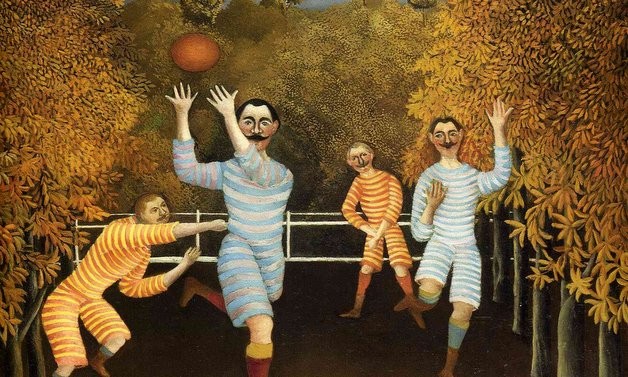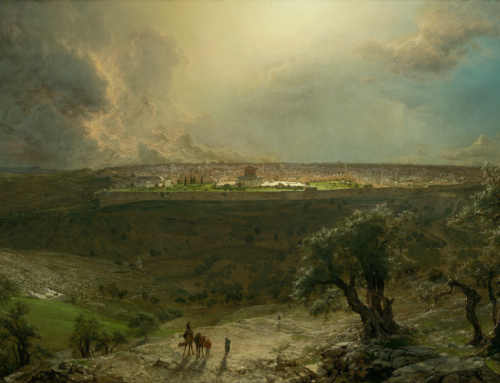Every form of local patriotism is, to some degree, unintelligible to those who do not share it. Princeton University was my own little platoon, to borrow from Edmund Burke, and its particular methods and rhythms made a lasting impression on me. Just as Notre Dame football is more than just a collection of final scores, so too is Princeton much more than a set of courses, or a collection of buildings, for those who love it. The concept of ‘Princeton’ that lays claim to my loyalties and affections includes those particulars, but also involves a kind of spirit. This spirit is a set of attitudes, shared memories, and habits of mind and action that flow from association and fellowship with other Princetonians. It was reinforced in countless rituals, traditions, and routines that mark one’s time there. One such ritual was the singing of the Princeton alma mater, Old Nassau:
Tune ev’ry heart and ev’ry voice,
Bid ev’ry care withdraw;
Let all with one accord rejoice,
In praise of Old Nassau.In praise of Old Nassau, we sing,
Hurrah! Hurrah! Hurrah!
Our hearts will give, while we shall live,
Three cheers for Old Nassau.
One of the qualities that drew me to Princeton was seeing the obvious love for the place on the part of students and alumni. Singing the alma mater with gusto reflects the loyalty that the University inspires in her sons and daughters. From such varied backgrounds and with such differing goals, these men and women are brought together for a common enterprise of learning, in an atmosphere of fraternity. However ambitious they might individually be, each success adds luster to the whole. It was by no means perfect—fallen human nature has a nasty way of reasserting itself—but there is real, undoubted good in the place. Having someplace like that in one’s life—be it a high school or a hometown, a college or a local sports team—is an important part of human flourishing and happiness. They fulfill our desire to belong, to be part of something greater than ourselves.
At their best, such local patriotisms direct us towards a higher reality, which they reflect by analogy. The human esprit de corps of my fellow Tigers points toward the altogether deeper, spiritual union found in the Church. As St. Paul observes in I Corinthians 12, out of many parts, with differing gifts and abilities, there is one body. This Mystical Body of Christ, which is the Church, is more than just the perfection of natural virtues like friendship and knowledge. Rather, it is the supernatural life of grace, wherein our love for one another flows from our love for God, and we attain wisdom far exceeding unaided reason.
If the singing of our school song can inspire such powerful sentiments of unity and friendship, how much more does singing the Lord’s praises in worship signify our deeper union and friendship with Him? If the University is impressive for marshaling varied personalities and competing agendas for a common purpose, how much more do we see the Holy Spirit at work in using the most flawed instruments to achieve incredible things? This does not mean that love for Princeton or other places has no merit; to the contrary, as long as it is ordered to its final end, this loyalty can prepare and form one for even higher loves and loyalties. After all, being a good Princetonian is helpful, but hardly sufficient, in the quest to be a saint.
So during this week of reunions and commencement, I will fondly remember the good old days at Old Nassau. But most of all, I will await the day when every heart and every voice is tuned to singing God’s praise, and all with one accord rejoice in the only name that can bid every care withdraw.
✠
Image: Henri Rousseau, The Football Players







